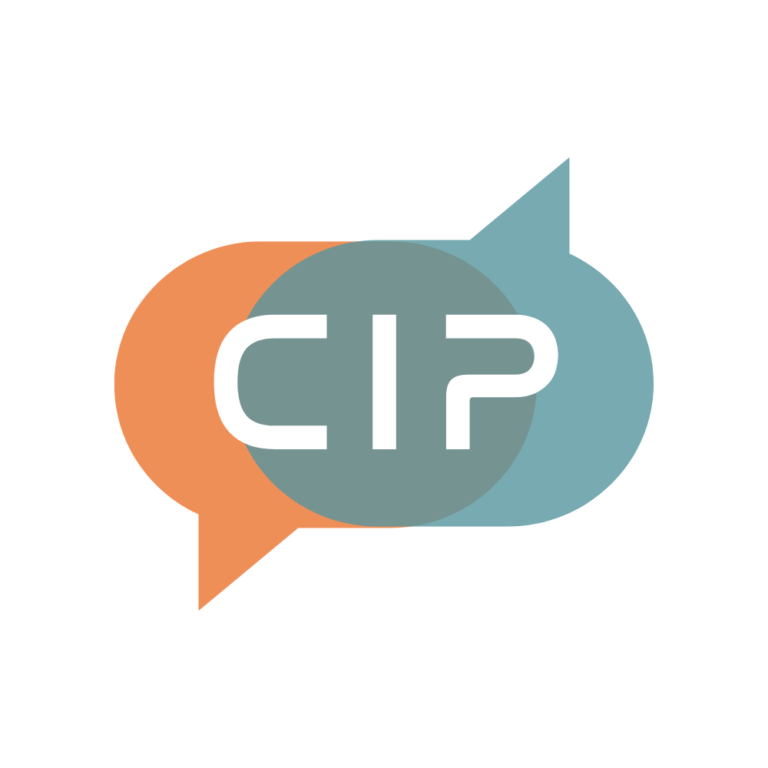Competence Oriented Learning

In a world where information is accessible to everyone it becomes more and more important in a professional context to not simply know things, but to display competences required for a task. Competence oriented learning is a form of learning adapted to the needs of today.
Cultural innopreneurs that focus on competence-oriented learning know how to assert themselves in a highly competitive environment and realise innovative ideas. In addition, competency-based learning enables them to continuously develop and keep pace with the ever-changing demands of the market. It is therefore an important building block for the success and long-term competitiveness of cultural innopreneurs.
- The Nutshell
- What it means for
- Module Videos
- Our Innopreneur’s Story
- Activities
- Resources
Competences as defined by various European bodies, as well as by educational experts throughout and beyond Europe, consist of three interrelated ingredients:
- Knowledge (cognition),
- Skills (capabilities and the overt behavioural repertoire) and
- Attitudes (emotions and values).
Competences consist of a combination of cognitive, behavioural and affective elements required for effective performance of a real-world task or activity. A competence is defined as the holistic synthesis of these components. If we see it this way it may be explained as the (inner) potential of a person to tackle a task. From another (an external) perspective a competence may again be divided in three aspects. A competent person is able to:
- demonstrate behaviour
- in a specific context and
- at an adequate level of quality
The development of competences is a very complex matter and is certainly not always a linear process. Competence development is a process which is highly dependent on the competence itself, the potentials (stages) of the learners and also on the external factors such as context and quality expectations.
Competence based learning and competence-based education do not consist of traditional teaching situations. They are based on the idea that the learners learn by experience and discovery. This concept has an impact on how learners may be educated. The idea is that learners need to be actively involved in the learning situation. They learn best in meaningful contexts and in co-operation and interaction with others and with their environment. Thus, they enable themselves to acquire knowledge, construe knowledge and check and cross check their newly constructed ideas with those of others.
Key features of competence-oriented learning:
- Meaningful contexts
- Multidisciplinary approach
- Constructive learning
- Cooperative, interactive learning
- Discovery learning
- Reflective learning
- Personal(ised) learning
Competence-orientated learning is relevant for artists as it enables them to develop and expand their skills and knowledge in a targeted manner. By focusing on the development of competences, artists can improve their creative skills, learn new techniques and further develop their artistic expression. It also enables them to better adapt to the demands of the art market and improve their career opportunities. By developing their competences in a targeted manner, artists can emphasise their individual strengths more strongly and set themselves apart from other artists. Overall, competence-orientated learning helps artists to develop their full creative potential.
Potential Applications:
- Development of artistic skills: Through competence-oriented learning, artists can improve their technical skills, learn new techniques and develop their artistic expression.
- Career development: By specifically developing their competences, artists can improve their career opportunities. They can specialise in certain areas of art or acquire new skills to differentiate themselves from other artists and gain more commissions or exhibition opportunities.
- Adapting to the market: The art market is constantly changing. competence-oriented learning enables artists to adapt to the current trends and demands of the art market. They can familiarise themselves with new technologies or media in order to design or present their works and services in a contemporary way and improve their marketing opportunities.
- Self-reflection and personal growth: Competence-oriented learning encourages artists to recognise their own strengths and weaknesses and to continuously work on their personal development. It promotes self-reflection and enables artists to fully realise their creative potential.
Competence-orientated learning is highly relevant for entrepreneurs as it enables them to develop the skills and knowledge they need to succeed in the business world. By focusing on concrete competences such as problem solving, communication, leadership and strategic thinking, entrepreneurs can improve their entrepreneurial skills and increase their chances of long-term success. Competence-oriented learning also allows them to focus on their individual strengths and weaknesses and work on their personal and professional development. In a constantly changing business environment, it is crucial that entrepreneurs have the necessary competences to adapt and find innovative solutions. Therefore, competence-orientated learning is an indispensable part of the entrepreneurial journey.
Potential Application:
- Development of business competences: Entrepreneurs can use competence-oriented learning to improve their skills in business planning, marketing, sales and finance. This can help them to set up and run their own business.
- Promoting innovation competences: Entrepreneurs can learn to generate new ideas and develop innovative solutions to problems through competence-oriented learning. This can help them to stand out in a highly competitive environment and capitalise on new opportunities.
- Develop team and leadership skills: Entrepreneurs often need to lead and motivate teams to achieve their business goals. Through competence-oriented learning, they can improve their teamwork, coaching and leadership skills.
- Promoting entrepreneurial mindsets: competence-oriented learning can help entrepreneurs develop entrepreneurial mindsets, such as opportunity identification, risk assessment skills and a willingness to take responsibility. This can help them to succeed and develop their business.
- Improving financial skills: Entrepreneurs often struggle to understand and manage financial aspects of their business. Competence-oriented learning can help them improve their accounting, financial planning and analysis skills to assess how financial decisions affect their business.
Competence-oriented learning is relevant for trainers and facilitators as it enables them to prepare their participants more effectively for the demands of the labour market. By focusing on the development of concrete skills and competences, trainers can ensure that their participants acquire the necessary knowledge and skills to be successful in their professional environment. Furthermore, competence-oriented learning enables trainers to customise the learning process and respond to participants’ needs. This leads to higher motivation and better learning success. Overall, competence-orientated learning helps trainers to create greater added value for their participants in continuing education.
Potential Applications:
- Develop artistic skills: Trainers can use competence-orientated learning to help artists develop their creative skills. This can be done, for example, through workshops in which different techniques and styles are taught or through individual coaching.
- Cultural management: In the field of cultural management, trainers can use competence-orientated learning to prepare professionals for the demands of the industry. This can include developing skills in project management, marketing, fundraising and event planning.
- Intercultural competence: Intercultural competence is of great importance in the cultural sector. Trainers can use competence-orientated learning to help participants improve their intercultural skills. This can be done, for example, through training in intercultural communication, cultural awareness or cooperation in international teams.
NEMO – Minimal Music for Inclusion
Linda Siebert, Facilitator, blinc
In the NEMO project we strived to bring Minimal Music closer to music educators. We wanted to make this branch of contemporary music more known across Europe, especially to use its unique properties in music education that enable making and creating music without hierarchies and regardless of background and musical knowledge of the participants and therefore use its potential for inclusive music education.
Many music institutions with which we collaborated in the NEMO project remain stuck in traditional methods despite individual desires for change. That’s why COL is important to build bridges of informal learning in formal learn settings.
We felt this was especially needed as as music’s proven benefits for development and integration are often overlooked, leading to reduced hours in schools and cuts in arts funding. Innovation is crucial in the music field, where many practices are entrenched in outdated structures.
Our journey began with a team of passionate individuals dedicated to the success of the project. One important step in our process included understanding the unique challenges in different countries. We then went on to develop competence frame works for music educators to be able to teach this approach and monitor their progress. This was an integral part of our work that included facilitation and general competences, as well as a frame work for practising, teaching and advocating Minimal Music.
The highlight of the project was witnessing our educational approach in action. Being all together and seeing what Minimal Music can do in Education, seeing music created without hierarchies was very valuable and satisfying for all involved.
Going forward we hope to equip more music educators with the tools and skills to teach music inclusively across various settings and build a stronger network of institutions, organisations and individuals how are excited about Minimal Music. In a next step we want to continue the work of our partnership and bring the approach into schools across Europe.
Activities
Prepare questions for an interview with an expert in your field. What knowledge, skills and attitude have they gained to become an expert? Then conduct the interview.
OR: Create a short podcast (5 min) where you are being interviewed as an expert of your field. What knowledge, skills, and attitudes have you acquired to become a professional?
OR: Write a sample job advertisement that covers the competences needed in and provided for your field of work.
Take the Quiz!
CIP Moodle Course for Competence Oriented Learning and Validation
LINK HERE (Registration required)
